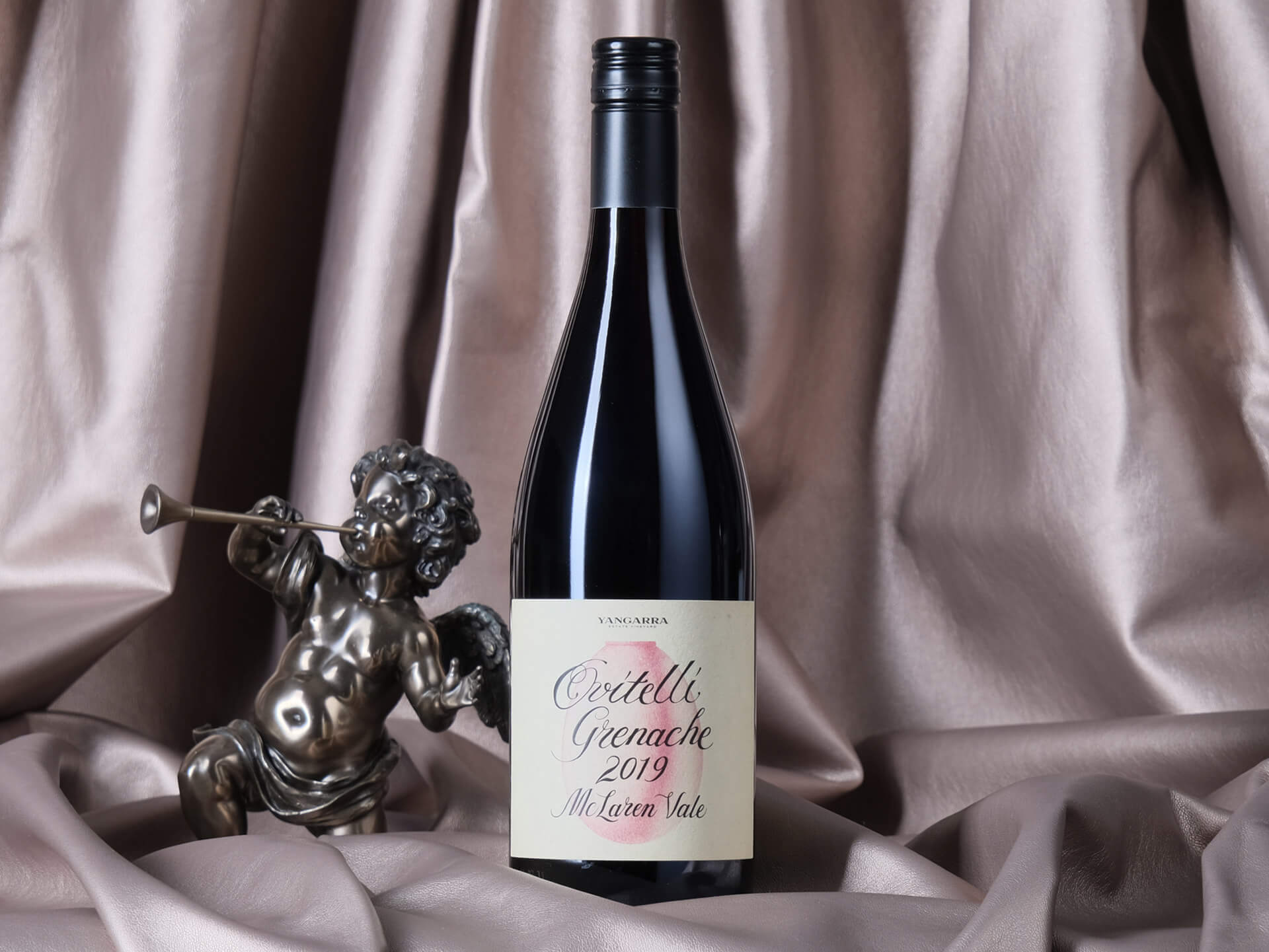From vines planted to sand in 1946, this is a powerful example of why grenache is so hot right now. Savoury, aromatic, refined and with a commanding web of tannin, this is compelling stuff.
Tasting note
Raised in ceramic eggs, this spent 158 days on skins post fermentation, resulting in a wine that is both delicate and savoury. There’s a perfume of red fruits and florals, with dried orange peel, sun-warmed terracotta and dried cranberries. It’s hard not to think of nebbiolo, but it’s firmly grenache, even if the assertive but finely textured tannins pull you further in the other direction. There’s a fineness through the wine, a neatly pitched elegance, but with the generosity of the variety underpinning it, too.
Themes of this wine
Grenache
The great grape of the Southern Rhône, grenache, has also found many homes around the world, from Spain, to Italy, to California, while Australia is home to the world’s oldest productive grenache vines, planted in 1948. Today, a renaissance is seeing the grape championed, with makers in McLaren Vale arguably turning out the most compelling examples.
McLaren Vale
While it couldn’t feel any more removed from city life, the McLaren Vale wine region is inside Adelaide’s metropolitan area. And although the township itself is only 40 minutes by car from central Adelaide and vineyards brush up against ever-encroaching housing, McLaren Vale remains unaffected by the urban sprawl. With deeply etched history, the Vale has a slow-paced sense of calm and an extraordinary wealth of untrammelled beauty. It is home to some of this country’s most beautifully pristine beaches, as well as some of the world’s most forward-thinking grape-growers and winemakers. And with over 80 cellar doors, it is an essential destination for wine lovers – and anyone else, for that matter.
Egg-shaped fermenters
Amphorae are some of the most ancient winemaking vessels, and the modern practice of using ovoid fermenters is a very similar idea, with the shape encouraging ferment vectors to swirl and tumble. While amphorae are typically made from clay, eggs come in a range of materials, from concrete to ceramic to steel.



